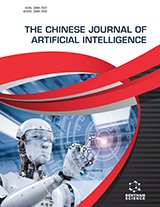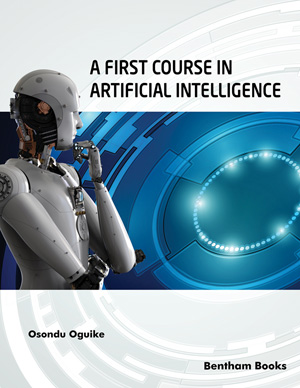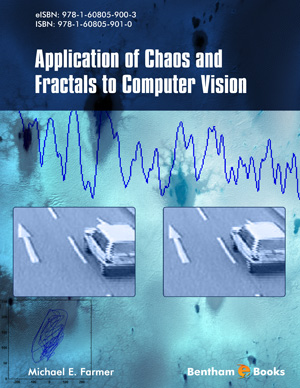Abstract
Brain Computer Interface (BCI) systems are able to communicate directly between the brain and computer using neural activity measurements without the involvement of muscle movements. For BCI systems to be widely used by people with severe disabilities, long-term studies of their real-world use are needed, along with effective and feasible dissemination models. In addition, the robustness of the BCI systems' performance should be improved, so they reach the same level of robustness as natural muscle-based health monitoring. In this chapter, we review the recent BCIrelated studies, followed by the most relevant applications. We also present the key issues and challenges which exist in regard to the BCI systems and also provide future directions.
About this chapter
Cite this chapter as:
Krishna Pai, Rakhee Kallimani, Sridhar Iyer, B. Uma Maheswari, Rajashri Khanai, Dattaprasad Torse ;A Survey on Brain-Computer Interface and Related Applications, Machine Intelligence for Internet of Medical Things: Applications and Future Trends Computational Intelligence for Data Analysis (2023) 2: 210. https://doi.org/10.2174/9789815080445123020016
| DOI https://doi.org/10.2174/9789815080445123020016 |
Print ISSN 2810-9457 |
| Publisher Name Bentham Science Publisher |
Online ISSN 2810-9465 |






















